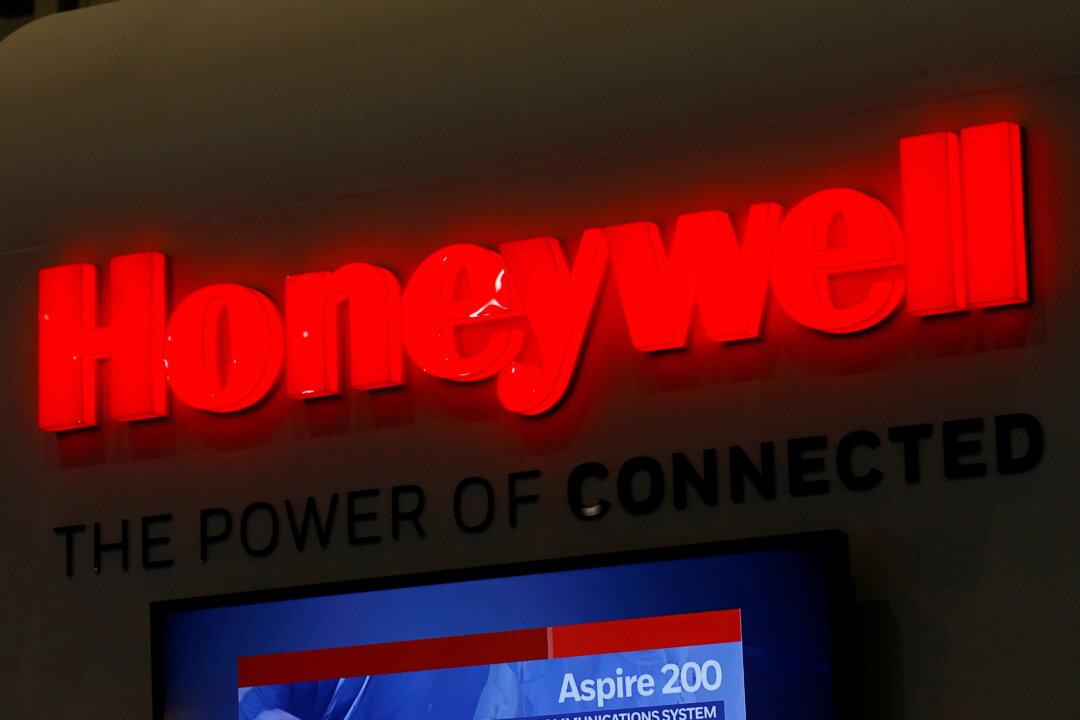Honeywell was fined $13 million for allegedly exporting sensitive data to several countries, including China, without obtaining proper authorization, the Department of State announced on May 3.
The State Department’s spokesperson said in a statement that it concluded a settlement with Honeywell International to resolve alleged violations of export rules when the company exported and retransferred technical information about U.S. fighter jets and other military systems without authorization to Canada, China, Ireland, Mexico, and Taiwan.





